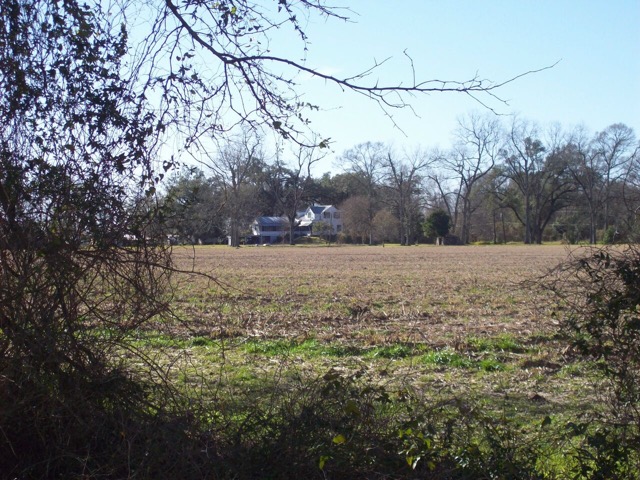Your donation will support the student journalists of Tulane University. Your contribution will allow us to purchase equipment and cover our annual website hosting costs.
“We find no direct evidence of that”
October 19, 2017
Courtesy of the Georgetown Memory Project
“West Oaks was one of three large sugar plantations in southern Louisiana to which the GU272 were sold in 1838. The land is still used for sugar cane production today.
Georgetown is neither the first nor the only university dealing with its historical connections to slavery. Columbia, Rutgers, Yale, Washington and Lee and others have begun initiatives and projects in recent years to acknowledge institutional ties to enslavement.
Tulane, however, has held fast to the university’s lack of connection to the slave trade or enslavement.
“Our archivist, Ann Case, tells me that Tulane University never owned or sold enslaved people, nor does there appear to be any direct evidence that enslaved labor was used in the construction of our campus buildings,” President Michael Fitts said. “Tulane’s original campus downtown, before we moved to our current location uptown, was built before the Civil War. It might be possible that the construction company hired by Tulane to build those original buildings could have used enslaved labor, but we find no direct evidence of that.”
According to Case, Paul Tulane likely earned all of his money through his mercantile business and did not use slaves in his home or business. She added that while there has been speculation about Paul Tulane’s father, Louis Tulane, having owned slaves in Haiti, it is currently unknown whether or not he participated in the slave trade. Paul Tulane’s brother, also named Louis Tulane, did own and ship several enslaved people in the 1820s.
Before becoming president of Tulane’s first board of administrators, Rep. Randall Lee Gibson was a prominent Confederate general whose family owned enslaved people. It has been speculated, though not confirmed, that he owned about 40 enslaved people and that his father Tobias Gibson owned several sugar plantations in Louisiana, all kept afloat by the labor of more than 200 enslaved people.
Case said that to her knowledge, “Tulane University does not have any ties to the slave trade in the direct manner that Georgetown does, or in any manner beyond existing in a slave economy during the years 1834-65.”
Laura Rosanne Adderley, associate professor of African Diaspora History, head of Africana Studies at Tulane and a specialist in the Atlantic slave trade and black enslavement, said slavery was an ingrained economic institution in the United States before emancipation. In her estimation, there are virtually no institutions founded before 1865 that shoulder no blame.
“If you see something, not just in the South, but if you see something was built a long time ago in this country — the odds on enslaved hands having their hands on it are high,” Adderley said.
“Everyone knows that slavery existed. Everyone knows that the South’s economic and political systems were centered around the slave trade …” Anfernee ‘Bubba’ Murray, a junior and programs and events chair for Students Organizing Against Racism, said. “This history is my history as a Black NOLA native as well as Tulane’s history, and it deserves to be heard.”
Short-Colomb urged people not to limit their understandings of enslavement and its aftermath as an exclusively Southern problem.
“People like to think these issues are exclusive to the South,” Short-Colomb said. “They aren’t. Racism, disenfranchisement and laws of disenfranchisement are across America. It’s not just the South.”


Leave a Comment